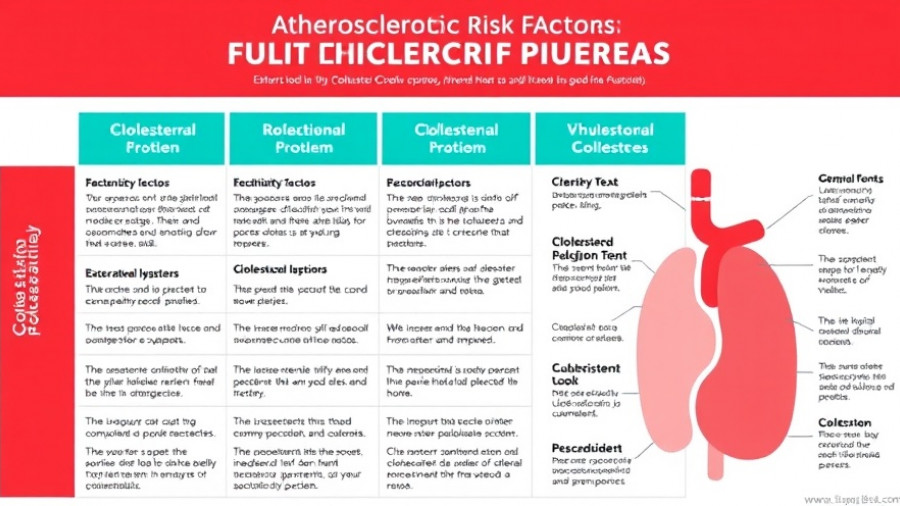
Understanding Pine Mouth Syndrome: What You Need to Know
If you’ve ever bitten into a pine nut only to find your taste buds plagued by a bizarre metallic flavor for weeks, you may have experienced a condition known as Pine Mouth Syndrome (PMS). While it might sound strange, this phenomenon stems from an often overlooked aspect of our health – the foods we consume.
Pine Nuts vs. Walnuts: A Healthier Alternative
For those seeking to maintain a balanced diet while enjoying flavorful dishes, it's essential to understand the impact of certain ingredients. Pine nuts are often used in recipes for their rich taste, but some varieties can lead to cacogeusia—a fancy term for that unpleasant metallic taste. In contrast, walnuts not only bring a nutty flavor but are also packed with 20 times more polyphenols, making them a healthier alternative.
The Culprit: What Causes Pine Mouth Syndrome?
Research indicates that PMS is linked to consuming non-edible pine nuts, particularly from the Chinese white pine. This type is frequently found in shipments to the United States; however, it is important to note that the only way to remedy the symptoms is to refrain from eating the offending nuts and allow the symptoms to fade over time. Surprisingly, even cooked nuts show the same potential for eliciting PMS in unsuspecting individuals.
Are Pine Nuts Safe to Eat?
While many consumers enjoy the taste of pine nuts, caution is advised. A significant number of reported cases of PMS involve nuts originating from Asia, with many of them being labeled as such. As a result, in 2011 the European Union restricted imports of these nuts, which likely reduced the occurrence of PMS cases. Nonetheless, some still slip through, making it paramount for consumers to engage in informed shopping—particularly when purchasing pine nuts.
Moving Forward: What You Can Do
If you ever find yourself facing the unfortunate experience of PMS, remember that there is no proven treatment other than avoiding the implicated nuts. For your health and safety, consider seeking out walnuts or other nuts known to be safe. Always check labels and sources to ensure you’re making the best choices for your well-being.
Awareness is key in navigating our food allergies and preferences, and understanding the potential risks associated with certain ingredients can go a long way in ensuring a healthy diet.
 Add Row
Add Row  Add
Add 




Write A Comment